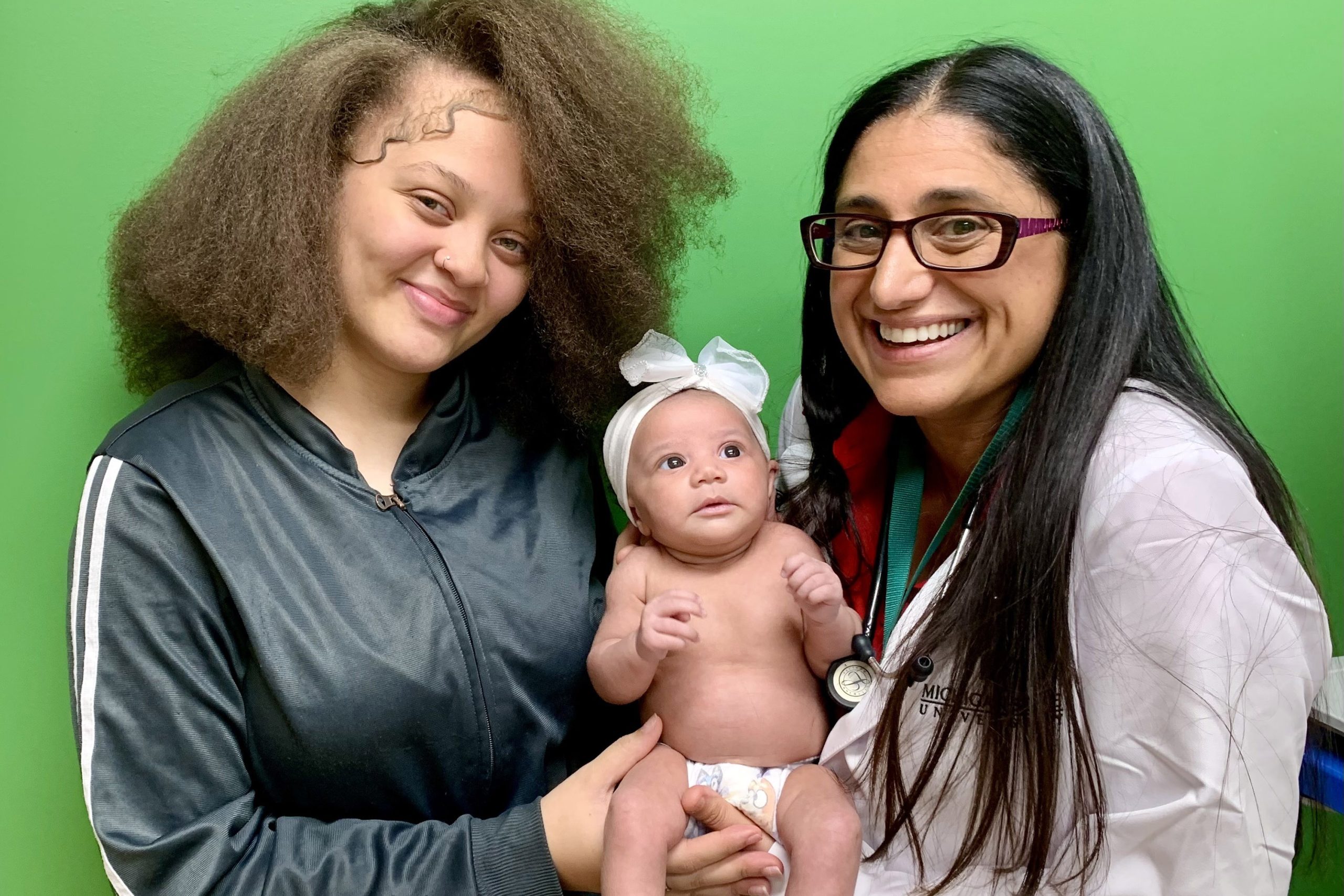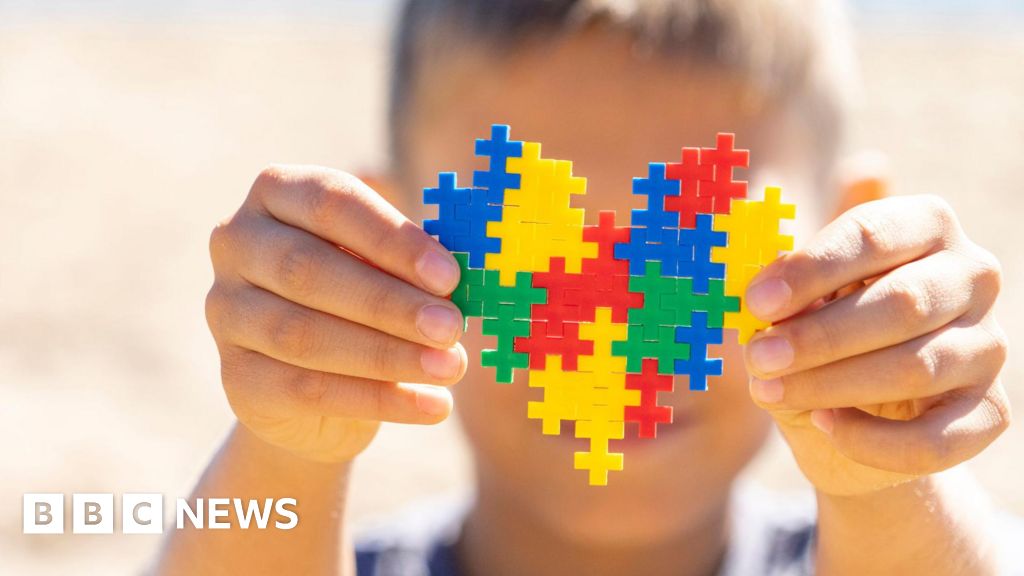Sleeping fewer than seven hours is associated with a higher risk of developing high blood pressure over time, according to a study presented at the American College of Cardiology’s Annual Scientific Session.
While the association between sleep patterns and high blood pressure has been reported, evidence about the nature of this relationship has been inconsistent, according to researchers. The current analysis pools data from 16 studies conducted between January 2000 and May 2023, evaluating hypertension incidence in 1,044,035 people from six countries who did not have a prior history of high blood pressure over a median follow-up of five years (follow-up ranged from 2.4 to 18 years). Short sleep duration was significantly associated with a higher risk of developing hypertension after adjusting for demographic and cardiovascular risk factors, including age, sex, education, BMI, blood pressure, smoking status etc. Furthermore, the association was found to be even stronger for those getting less than five hours of sleep.
“Based on the most updated data, the less you sleep — that is less than seven hours a day — the more likely you will develop high blood pressure in the future,” said Kaveh Hosseini, MD, assistant professor of cardiology at the Tehran Heart Center in Iran and principal investigator of the study. “We saw a trend between longer sleep durations and a greater occurrence of high blood pressure, but it was not statistically significant. Getting seven to eight hours of sleep, as is recommended by sleep experts, may be the best for your heart too.”
The study found that sleeping less than seven hours was associated with a 7% increased risk of developing high blood pressure, which spiked to 11% when reported sleep duration was less than five hours. By comparison, diabetes and smoking are known to heighten one’s risk of hypertension by at least 20%, Hosseini said.
While the study did not look at why this might be the case, Hosseini said that disrupted sleep could be to blame. For example, he said lifestyle habits or comorbid conditions such as overeating, alcohol use, nightshift work, certain medication use, anxiety, depression, sleep apnea or other sleep disorders may be factors.
Researchers were surprised there were no age-based differences in the association between sleep duration and hypertension given that sleep patterns tend to shift with age. The age of the participants ranged from 35.4 years to 60.9 years and more than half (61%) were female. When compared with men, females who reported less than seven hours of sleep had a 7% greater risk of developing high blood pressure.
“Getting too little sleep appears to be riskier in females,” Hosseini said. “The difference is statistically significant, though we are not sure it’s clinically significant and should be further studied. What we do see is that lack of good sleep patterns may increase the risk of high blood pressure, which we know can set the stage for heart disease and stroke.”
It’s important for people to talk with their health care team about their sleep patterns, especially if they have disrupted sleep that might be due to obstructive sleep apnea. Sleep apnea has been tied to higher rates of high blood pressure, stroke and coronary artery disease.
This study has several limitations, including that sleep duration was based on self-reported questionnaires, so changes in sleep duration over the follow-up period were not assessed. Moreover, there were variations in how short sleep duration was defined between the studies (fewer than five or six hours).
“Further research is required to evaluate the association between sleep duration and high blood pressure using more accurate methods like polysomnography, a method for evaluating sleep quality more precisely,” Hosseini said. “Moreover, the variations in reference sleep duration underline the need for standardized definition in sleep research to enhance the comparability and generalizability of findings across diverse studies.”



